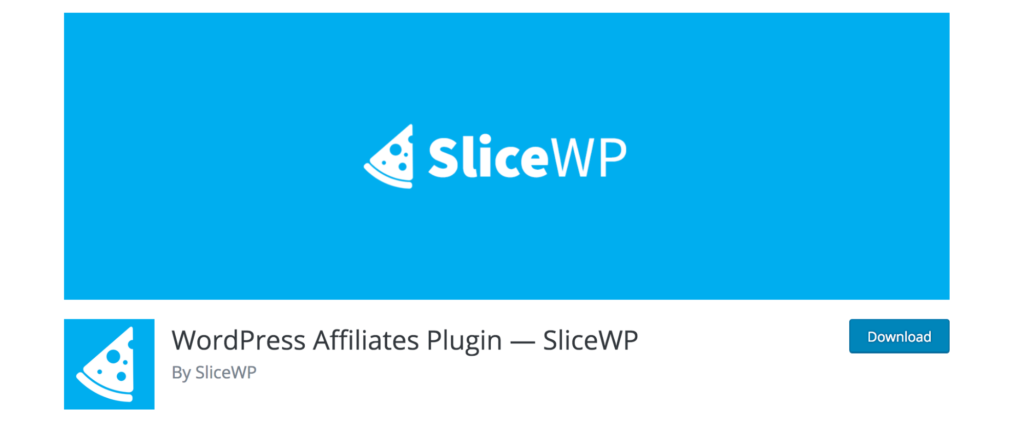Having a high ranking placement on WordPress.org is the difference between 10 downloads a day and 10,000. Due to how most people find free plugins having a high placement is crucial to your success as a WordPress plugin developer.
In this article I’ll show you how to improve your plugin’s WordPress.org readme.txt to rank higher. Let’s get started.
Understanding the WordPress.org search algorithm
Before you can improve your readme for searches first you need to understand how the search works.
Unlike the main search engines you use in everyday life the WordPress.org search algorithm is open-source and licensed under the GPL meaning we can take a look under the hood.
Interested to have a read through the code yourself? Check it out.
Let’s take a look at the main ranking factors:
- Title
- Last updated date
- Compatibility with core version
- Number of active installs
- Percentage of resolved support tickets
- Average rating
- Slug
- Tags
- Short description (excerpt)
- Main description (including FAQs)
- Author name
- Contributor names
One of the most important aspects to keep on top of are your plugin support threads, this can have a huge difference in your ranking between resolving them and not resolving them.
And that’s an important note — always ensure you resolve them, many developers reply to support threads but don’t resolve them, so they still count against you when you’re trying to rank.
You may be surprised that the search combines all these factors and ranks them, rather than one ranking factor having more power over others like they used to.
For instance, a few years back the slug was the most important part of a WordPress.org plugin listing, as slugs always ranked 1st, so if you had a single word slug for a popular term you were laughing. Now it’s a much fairer process.
Now we know what the ranking factors are, let’s explore how we can actually improve a readme to rank.
Ranking a plugin on WordPress.org
Writing a compelling title
The title is the first thing a user will pay attention to, and it just so happens that it’s also the most important part of the WordPress.org search algorithm.
Most developers make the mistake of focusing on the brand name only in the title, which may seem like a good idea for growing the brand but is absolutely disastrous when it comes to ranking.
What should your WordPress readme title consist of? Your top 2-5 keywords you are looking to rank for. Consider stringing your keywords into a phase where the whole phase can rank as well as the words individually.
Then include your brand name at the end. For example, have a look at this example from SliceWP.

As you can see the brand name is appended to the end of the primary keyword phase.
Last updated date
If your plugin hasn’t been updated within the last six months it’ll have a negative impact on your search ranking. So even if you don’t have anything major to push as a rule of thumb try pushing out a small update at least every 3 months.
Keep core compatibility up to date
Make sure you always keep core compatibility up to date, despite the myth it needs to be done for each point version, you only need to update it for major versions.
In your readme if you have core compatibility set to WordPress 5.4 that’ll cover all point releases. There’s no need to push releases to update compatibility to 5.4.1 and so on.
Pick tags that are keywords
The WordPress.org search algorithm only considers the first 5 tags (most probably to stop people spamming tags) so it’s important to think about what the most important terms are for your plugin and use those tags.
You don’t want to use irrelevant tags as it won’t help your ranking at all. In general most tags would be 1 or 2 words that are highly targeted to what the plugin does.
The Power of the FAQ
The FAQ is criminally underrated, often overlooked by nearly everyone; it’s not uncommon to see a plugin on WordPress.org with a single FAQ item.
Yet the FAQ is the perfect place for targeting key phases that you don’t want in the main description body for readability.
The WordPress.org search algorithm counts the FAQ as part of the description making it more powerful for search ranking than it looks on the surface.
Here you can target competitor key phases, long tail keywords and much more. Usually if I’m trying to rank a plugin I’ll include a minimum of 6 or 7 FAQ items with relevant keywords to boost the ratings.
Contributors make all the difference
A rather strange inclusion to the WordPress.org search algorithm is that it weights contributors’ names in the ranking.
If you and a competitor had the exact same install count, average rating and every other factor was equal then you could create a new contributor account using a keyword as the username and you’d outrank the competitor.
Strange? Yes. Useful to know? Most definitely.
Average rating
It goes without saying but the average rating from your reviews is massively important in gaining and maintaining a decent search position.
While this often means doing free support to users in the hopes they leave a positive review it’s worth it in the long run.
Try and keep as high an average as possible and if you’re a new plugin ask a friend to try your plugin and review it otherwise the algorithm will count your average rating as 2.5 which is extremely low.
The number of active installs
The more active installs you have the higher the search ranking, if you and a competitor are ranking the same in the algorithm but you have 10,000 active installs and they have 20,000 active installs, they’ll rank above you,
Of course active installs is about the only thing in this list that you don’t have control over, you can’t after all magic up 50,000 active installs.
That’s why it’s becoming more common for developers to buy existing plugins with a large active install count and then improve upon them as it’s very difficult nowadays to grow a plugin from scratch unless you’re already known in the community or have existing products.
New plugins can rank!
A common myth is that plugins new to the directory just can’t rank for any popular term which is incorrect.
Apart from the active installs and the slug (as most good slugs are already taken) the rest of the ranking algorithm is entirely under your control.
That means that you can take advantage of knowing how to optimise your WordPress readme.txt over a developer that’s been doing it for years and hasn’t paid any attention to theirs.
I’ve personally seen plugins that are new to the market and outrank competitors within a matter of days.
How often does the WordPress.org search refresh rankings?
Technically it’s every 10 minutes the cache is refreshed and changes would take effect yet anyone who knows WordPress.org will understand that it often doesn’t refresh as quickly as that.
One readme I worked on took a couple of days to start showing positive results.
So don’t be discouraged if your changes don’t suddenly make you number 1. If you haven’t seen any changes after 3 days then there’s a good chance that your changes didn’t work, which means it’s time to get optimizing!
Three Quick actionable tips for new plugins
- Ask a friend or colleague to use your plugin and leave a 5 star review (gets the average star rating to 5 immediately as there’s no minimum number of reviews needed).
- Resolve any support threads that come in.
- Write a useful and in-depth FAQ consisting of at least 6 items.
How to monitor changes to your WordPress.org plugin ranking
When making changes to your readme.txt file it’s important to track the performance after your changes have been made otherwise you’ll have no real idea if you’re helping or hurting the performance of your search results.
While you can track your plugin rank manually using Google Sheets or Excel, there’s a new method in town called Plugin Rank. Plugin Rank makes it quick and easy to track your plugins search position over time as well automatically analysing competitors.
Interested to learn more about Plugin Rank? Check out our full guide on how to track your WordPress.org plugin rankings in search results.
Summary
Ranking on WordPress.org doesn’t need to be left down to chance and blindly trying different things, with the algorithm being public and this guide to follow you’ll be ranking your plugins in no-time at all.
Enjoyed the guide? Any questions about the algorithm or ranking plugins? Let me know in the comments below.
